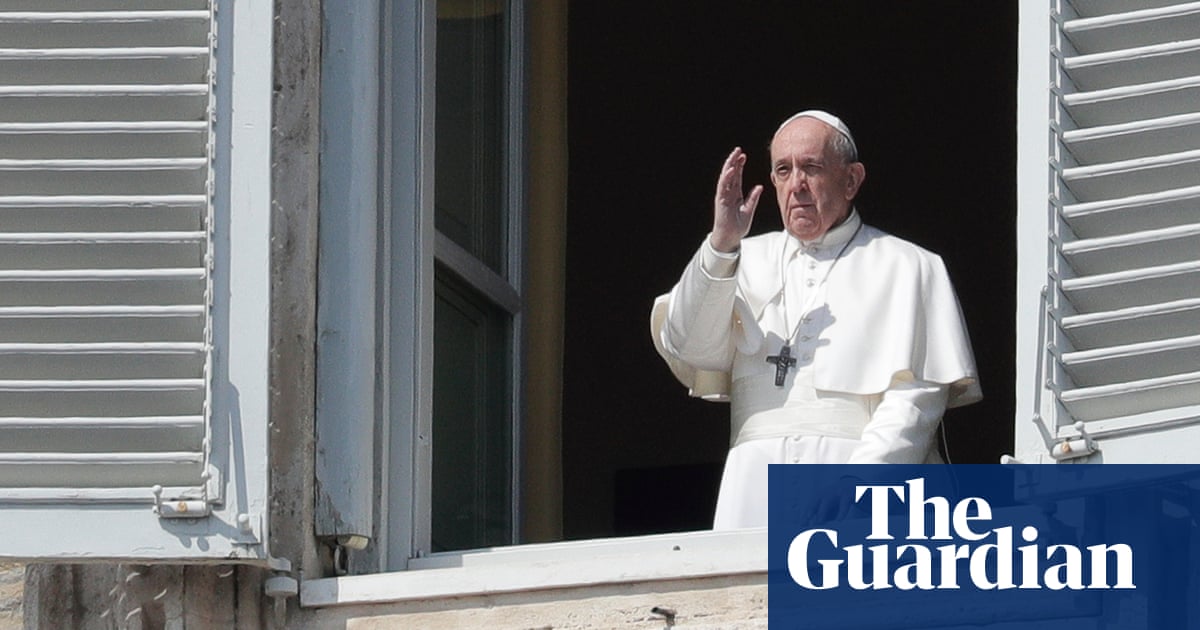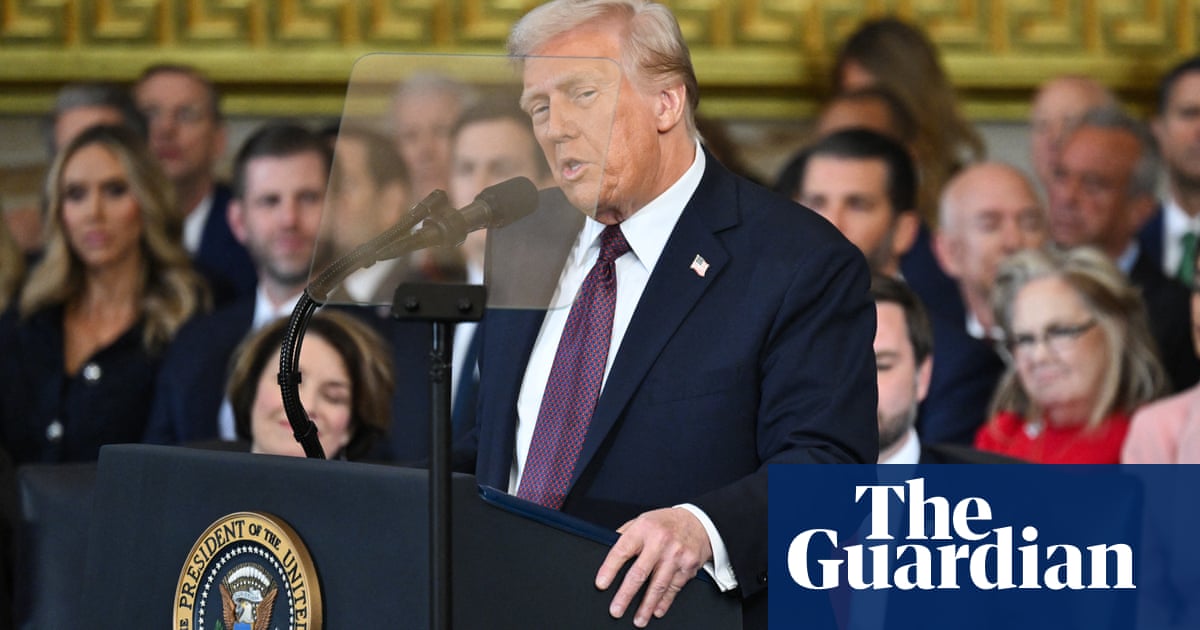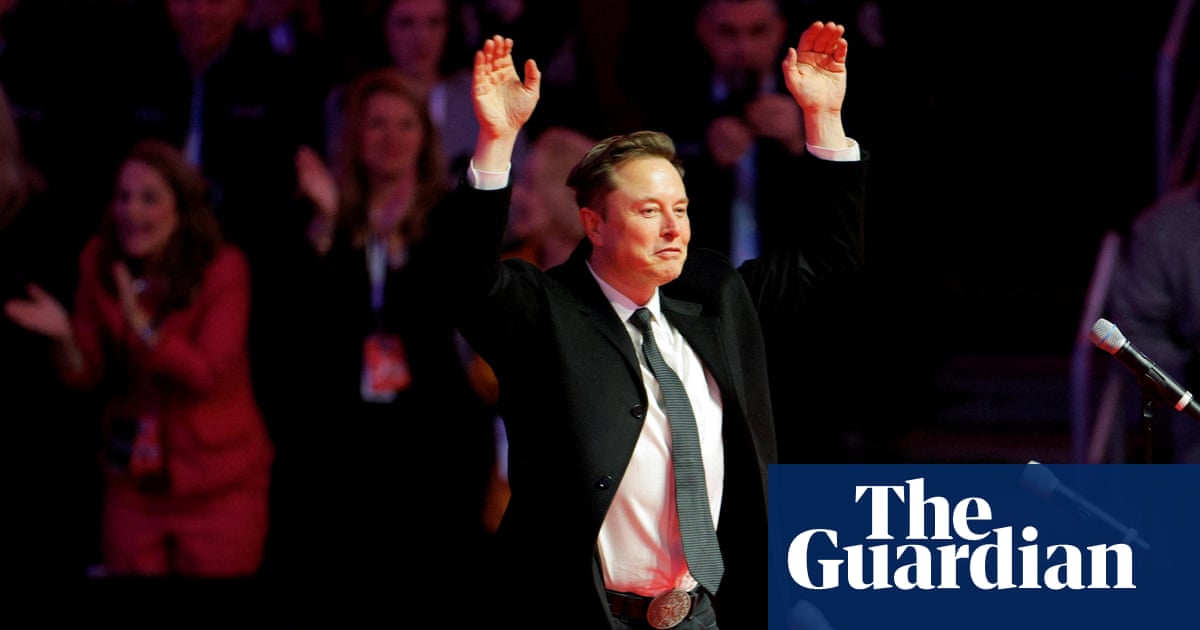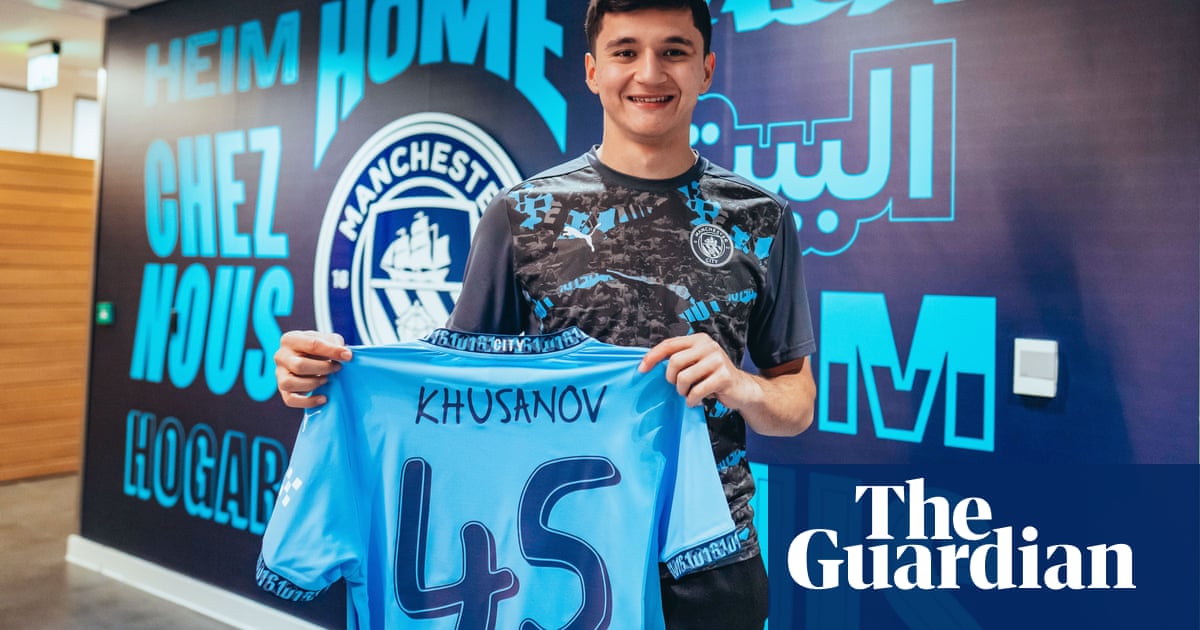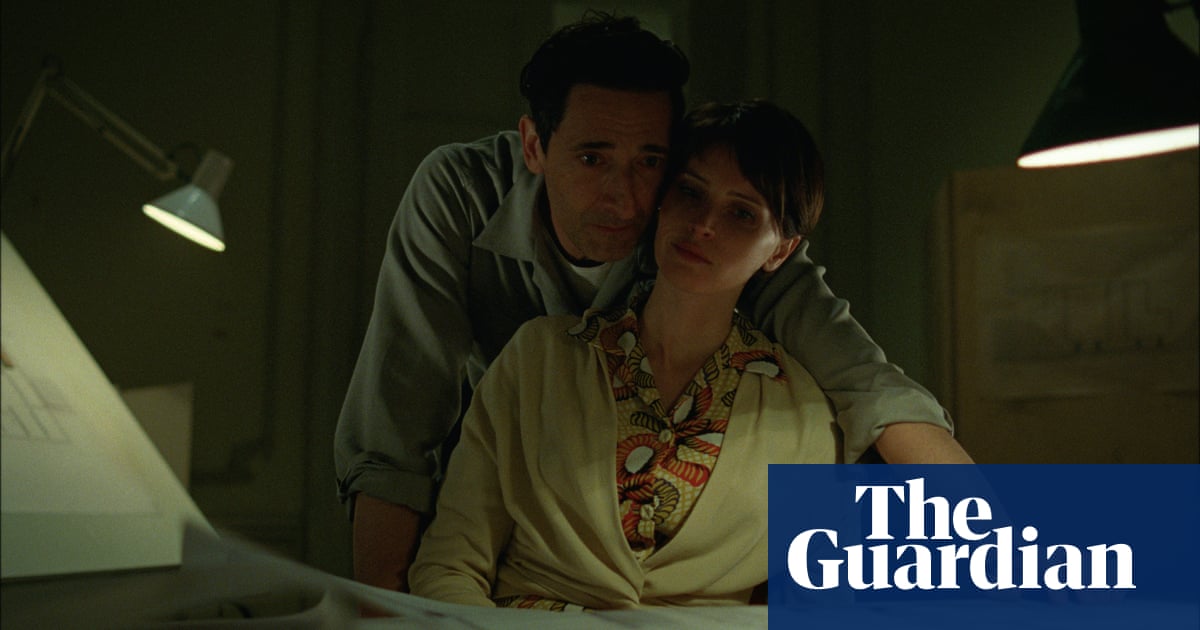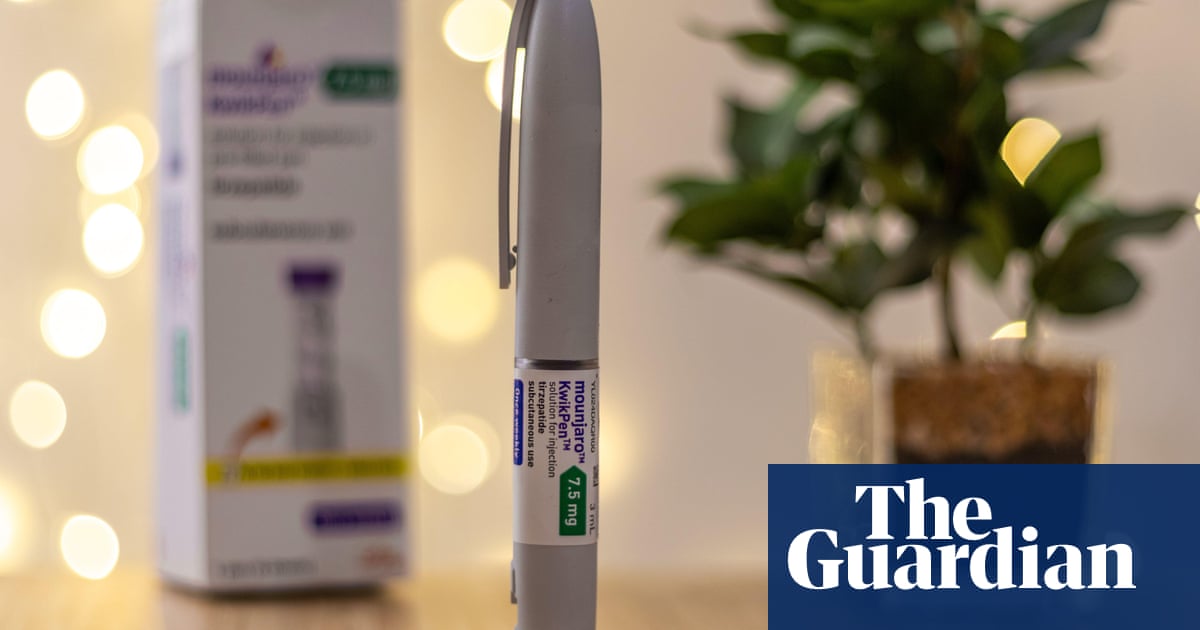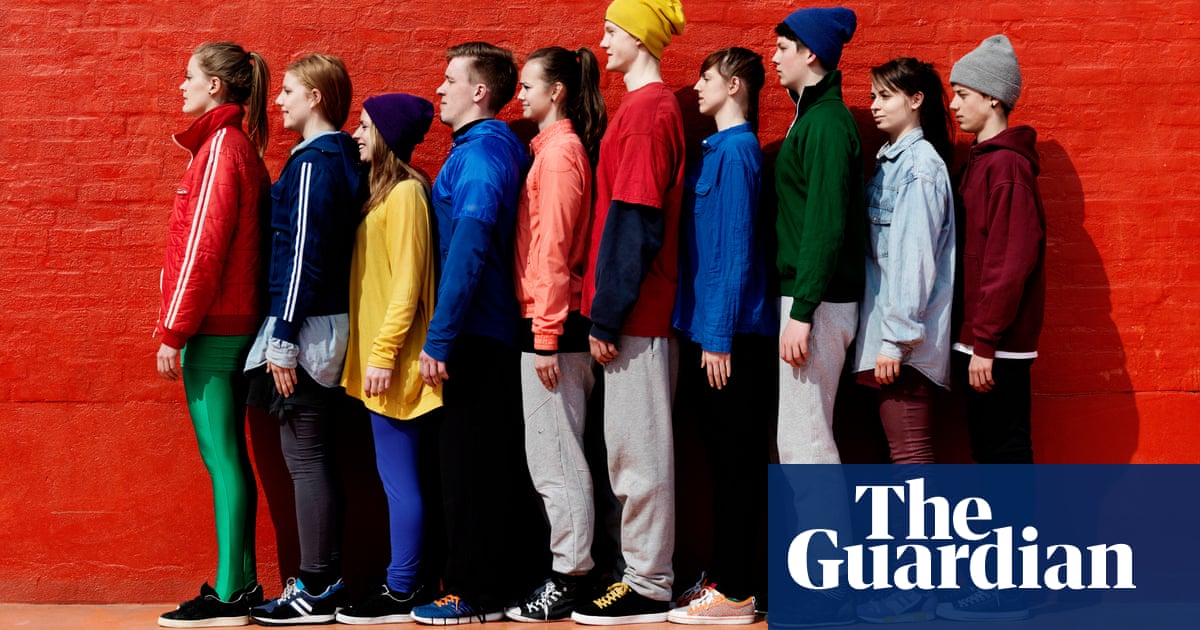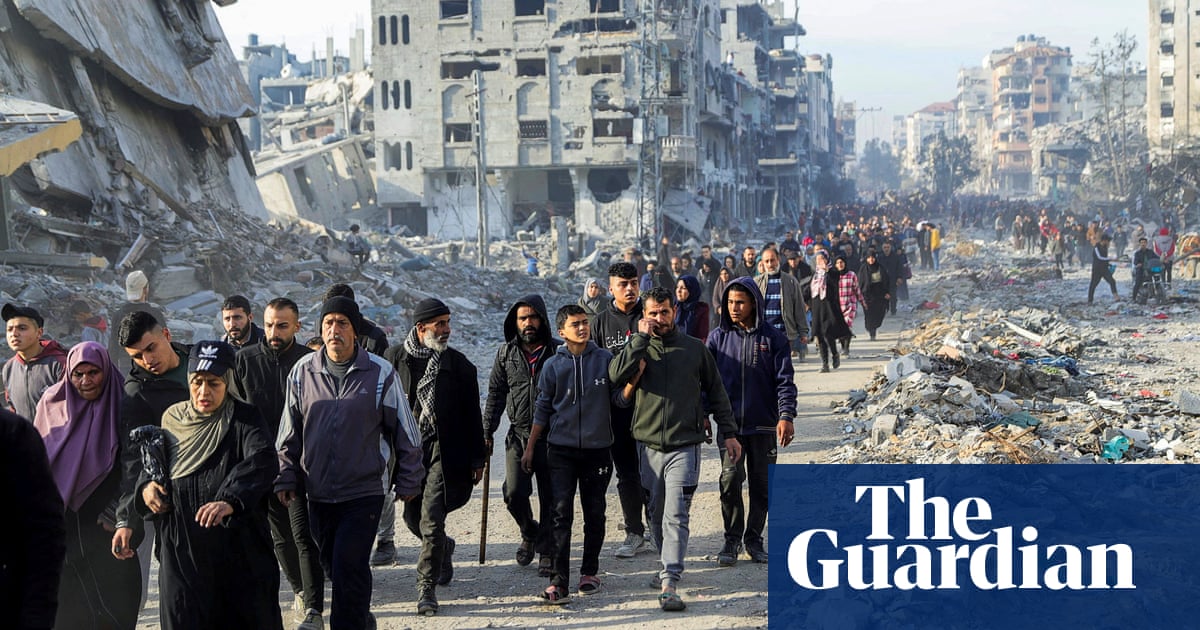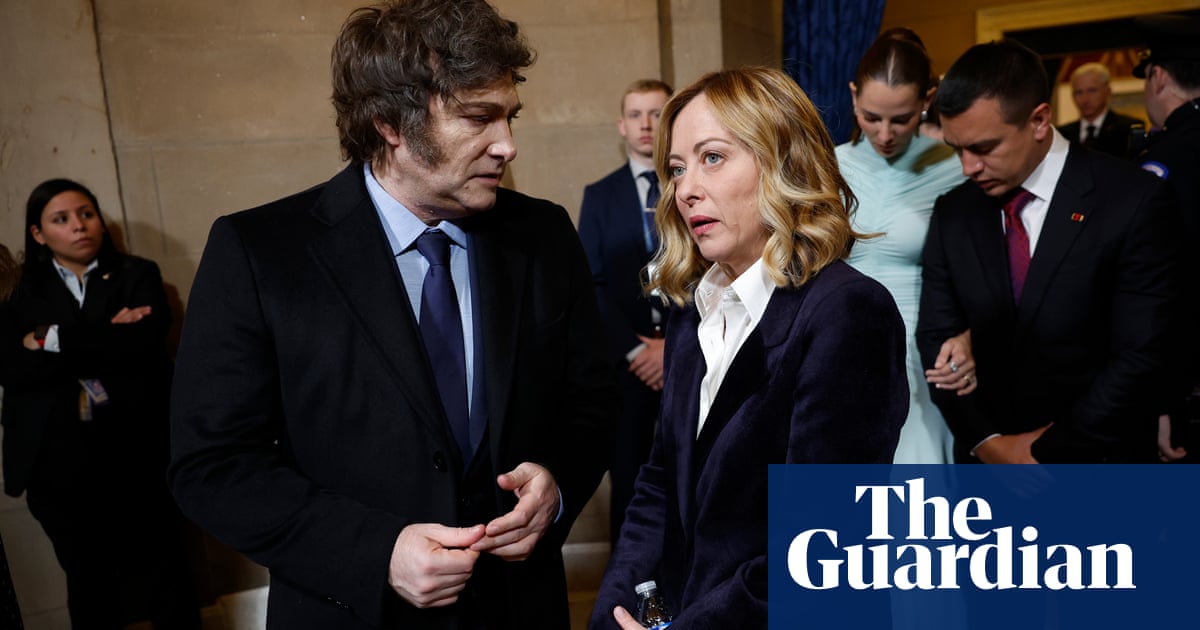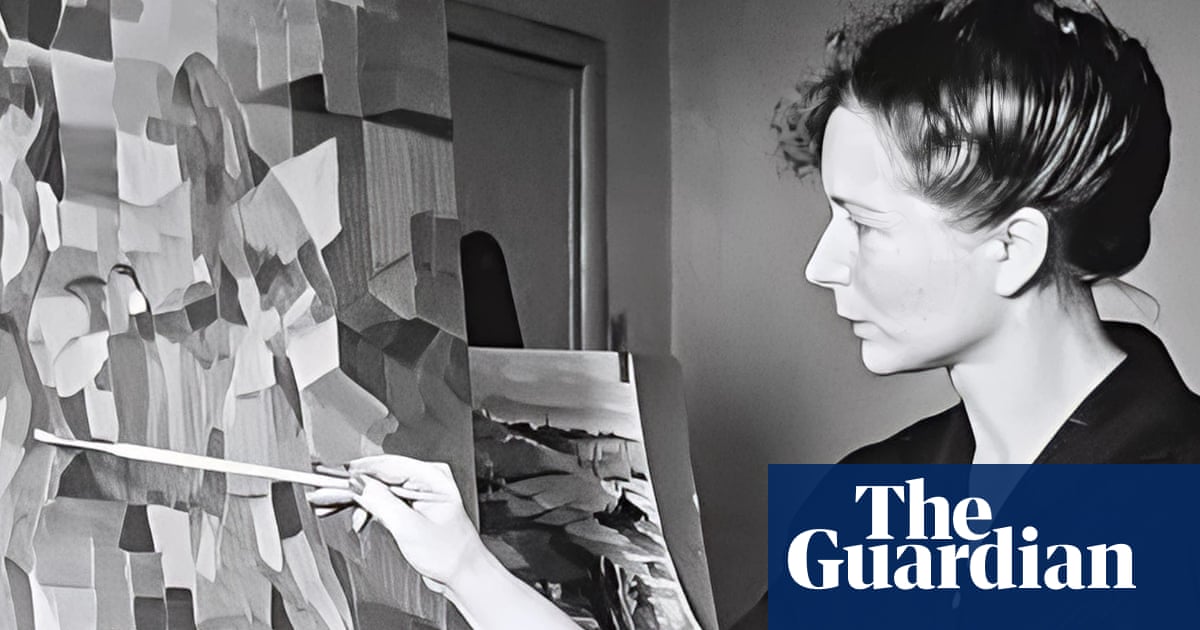Two Black men are shooting the breeze on the steps of an apartment block when a crotchety white neighbour joins them for a smoke. Aimless chatter tumbles into argument, and there are charges of racist bigotry angled at the white man, Gerry (Jasper Britton), who is gay, and suggestions of homophobia against the other two.
Dan McCabe’s play, which won plaudits when it premiered in Boston, throws several intriguing nuggets around race, sexuality and the politics of hip-hop into this opening setting. However, it seems to shoot the breeze itself for a little too long.
The idea to serve up a slice of life at this New York stoop is a good one, with charming conversation, gentle comedy, bristling neighbourliness and charismatic musical interludes of rap and hip-hop. Directed by Amit Sharma, it takes place on an eye-catching scaffold stage, designed by Tom Piper, which is like an urban building with exposed rooms. But although you wait for the play to go in one direction or the other, it meanders, albeit interestingly, in its first, diffuse act.
The two Black men are part of the music scene: Lamont (Sule Rimi) is a once-famous rapper who has fallen on hard times, and Mr Bugz (Richard Pepple) is an emcee, looking after a mother with Alzheimer’s and secretly struggling with his sexuality.
A plotline takes us into Mr Bugz’s quiet anguish when he goes into Gerry’s apartment to smoke pot. Sexual frisson builds and then fizzles, bathetically. But it does not gather the tension it should – partly because their room is distant and elevated above the audience’s eye level, so you cannot feel their intimacy.

The second act brings a much more focused drama around the racial politics of hip-hop, with questions around authenticity and appropriation. Gerry’s Puerto Rican drug dealer, Val (Tiffany Gray, excellent), is an aspiring rapper who finds herself in a rap battle with the bright-eyed, middle-class, white Nancy (Emma Kingston). Nancy has come to this stoop ostensibly to meet her hero, Lamont, but really to sell herself to him, and to talk about how she is writing the “first feminist rap musical”.
The play comes alive in the satire around her, which is then surprisingly upturned in the rap battle, with (rather static) arguments about the advantages of whiteness in the music industry, and the “guns and whores” content in rap that producers promote instead of exploring more meaningful issues for the Black community.
The plotline around Mr Bugz’s sexuality chugs on but is never taken very far. Ultimately, this seems like a play that wants to take on many things without going far enough with any one of them. It tries not to get too angry, despite its explosive subject matter. The actors carry it, though, oozing charm alongside quiet anguish.
It is no surprise that McCabe is working on adapting the script for a screenplay. There is a moreish Netflix series energy to it all. It is clear there is talent to the writing, too – if only there was more follow-through.

.png) 1 month ago
17
1 month ago
17
